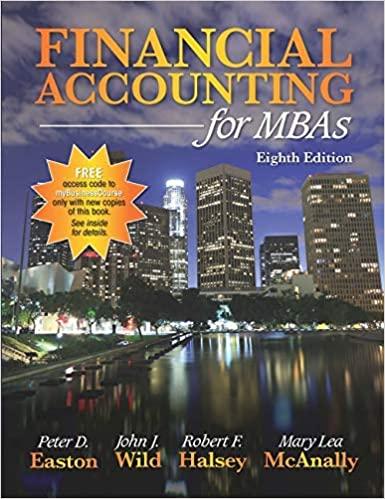Jules hires Ralph to paint his house. It is uncertain as to how much paint and other supplies will be at the time the contract is signed, but Ralph expects it to cost one of the following with the probabilities shown: Jules values the painting work at $4500, and expecting a cost of $3500, they negotiate a price of $3900 that Jules agrees to pay in full after the project is comfleted (Jules has a bit more bargaining power than Ralph). In which cases is it efficient for Raiph breach the contract? (check all that apply) When Cost =3000 When cost=4000 When Cost =2000 It is never efficient to breach When Cost =5000 Same as last question... Jules hires Ralph to paint his house. It is uncertain as to how much paint and other supplies will bi at the time the contract is signed, but Ralph expects it to cost one of the following with the probabilities shown: Jules values the painting work at $4500, and expecting a cost of $3500, they negotiate a price of $3900 that Jules agrees to pay in full after the project is compheted (Jules has a bit more bargaining power than Ralph). Suppose the parties anticipate that the courts will award damages of $10,000 for breach of contract. What is the expected social value of the contract? (expected gains to Jules + expected gains to Ralph) Same as last question... Jules hires Ralph to paint his house. It is uncertain as to how much paint and other supplies will be at the time the contract is signed, but Ralph expects it to cost one of the following with the probabilities shown: Jules values the painting work at $4500, and expecting a costof $3500, they negotiate a price of $3900 (Jules has a bit more bargaining power than Ralph). Suppose the parties anticipate that the courts will award damages of $50 for breach. What is the expected social value of the contract? Same as last question... Jules hires Ralph to paint his house. It is uncertain as to how much paint and other supplies will be at the time the contract is signed, but Ralph expects it to cost one of the following with the probabilities shown: Jules values the painting work at $4500, and expecting a cost of $3500, they negotiate a price of $3900 (Jules has a bit more bargaining power than Ralph). What are Perfect Expectation Damages? Same as last question... Jules hires Ralph to paint his house. It is uncertain as to how much paint and other supplies will be at the time the contract is signed, but Ralph expects it to cost one of the following with the probabilities shown: Jules values the painting work at $4500, and expecting a cost of $3500, they negotiate a price of $3900 (Jules has a bit more bargaining power than Ralph). If the courts use perfect expectation damages, what is the expected social value from the contract (expected gains to Ralph + expected gains to Jules)











